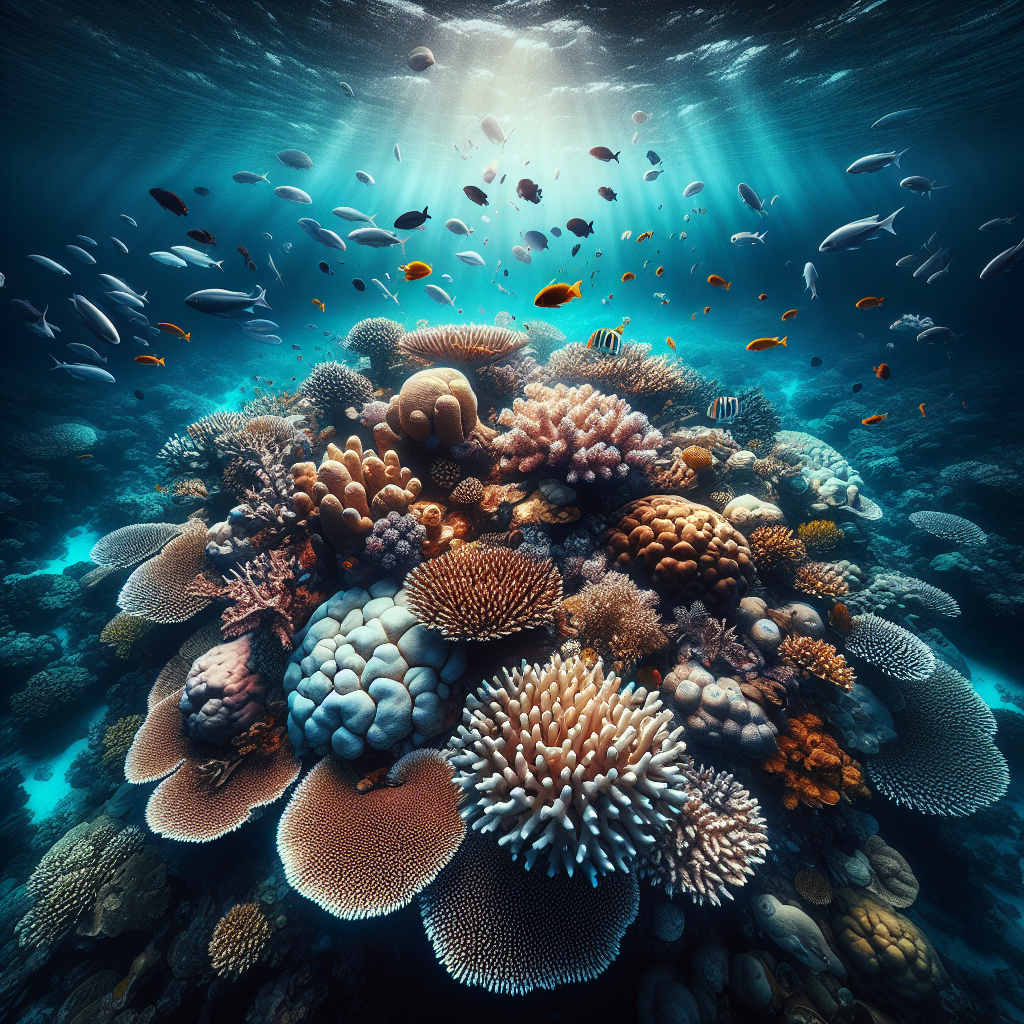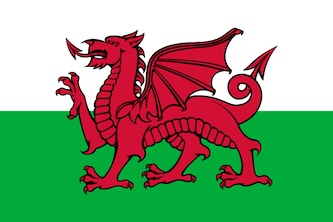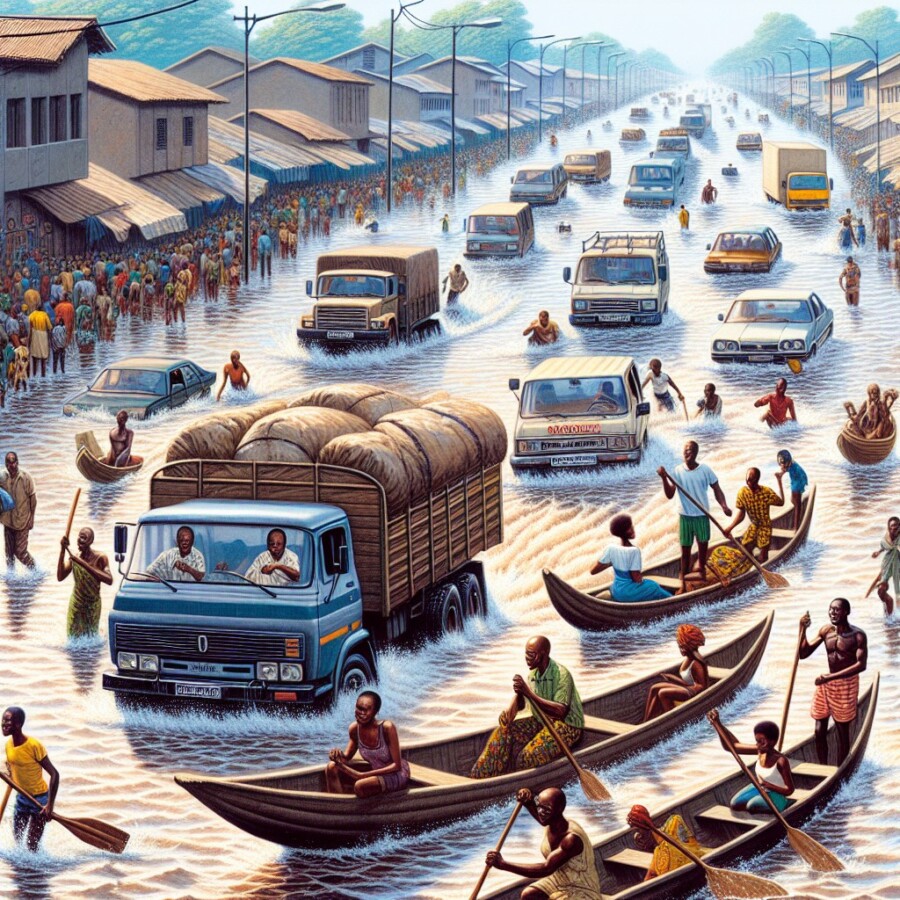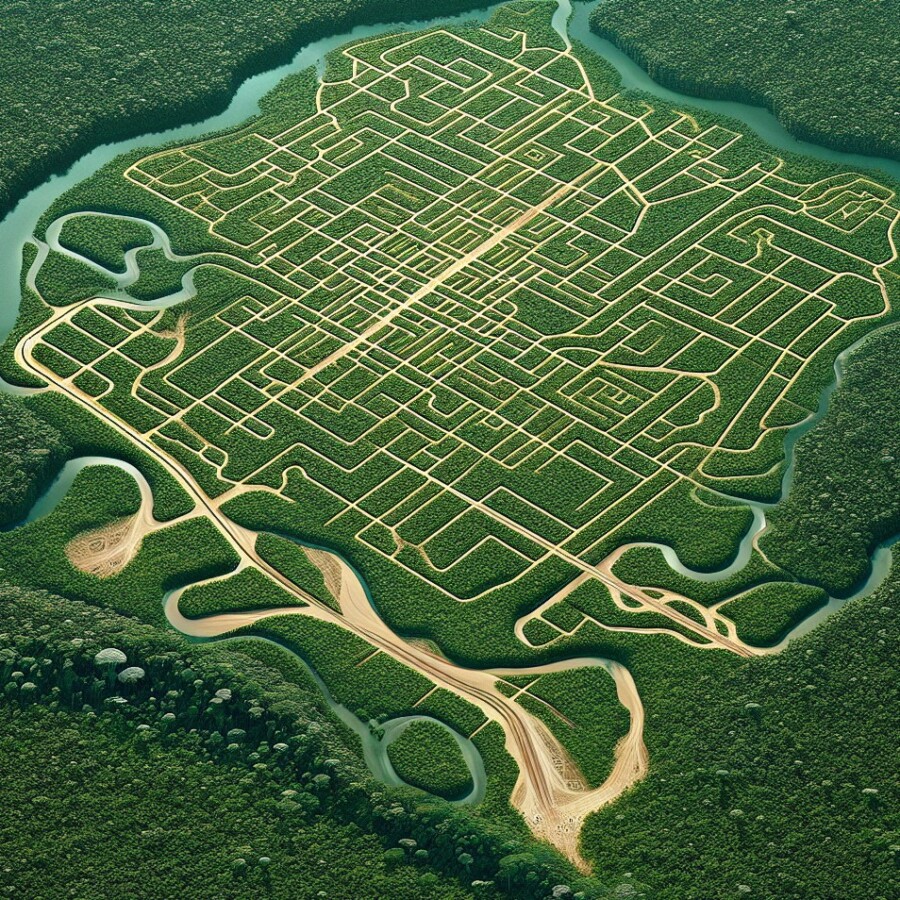Scientists have found that the Great Barrier Reef is getting very hot. It’s the hottest it’s been in 400 years. This heat is causing the coral to get sick, which is called bleaching. The study shows that climate change is hurting the reef, and we need to do something about it quickly.
To learn about this, scientists looked at coral samples. These samples help them see how the ocean has changed over hundreds of years. They found that the last ten years have been the hottest. The scientists say there is still hope if we can stop global warming from getting worse.
The Great Barrier Reef is very special and important. Some people think it should be called “endangered” to show how much help it needs. Experts say we need to work together worldwide to stop climate change. This study reminds us that we must act now to save the reef for the future.
Original news source: 400-year record heat threat to Great Barrier Reef (BBC)
🎧 Listen:
Slow
Normal
Fast
📖 Vocabulary:
| 1 | scientists | People who study and learn about things in nature |
| 2 | coral | Colorful sea animals that make reefs |
| 3 | bleaching | When coral loses its color and gets sick |
| 4 | climate | The usual weather in a place |
| 5 | samples | Small parts taken to study something |
| 6 | ocean | A large body of saltwater |
| 7 | global warming | The Earth getting hotter over time |
| 8 | endangered | At risk of disappearing forever |
| 9 | experts | People who know a lot about a subject |
| 10 | worldwide | All over the world |
| 11 | reminds | Helps you remember something |
| 12 | future | The time that comes after now |
Group or Classroom Activities
Warm-up Activities:
– CHARADES
Instructions: Divide the class into small groups. Each group takes turns acting out words or phrases related to the Great Barrier Reef, climate change, or coral bleaching without speaking. The other groups guess what it is.
– HEADLINE CREATION
Instructions: Give the students a few minutes to read the article. Then, ask them to create an eye-catching headline that summarizes the main idea of the article. They can share their headlines with the class.
– OPINION POLL
Instructions: Write a few statements related to the Great Barrier Reef and climate change on the board. Students will walk around and ask their classmates if they agree or disagree with the statements. They can tally the responses.
– VOCABULARY PICTIONARY
Instructions: Choose key vocabulary words from the article (like “coral,” “bleaching,” “climate change”). One student draws a word without using letters, while their classmates try to guess the word.
– THINK-PAIR-SHARE
Instructions: Pose a question related to the article, such as “Why do you think we should protect the Great Barrier Reef?” Students think about their answers individually, then pair up to discuss before sharing their thoughts with the class.
🤔 Comprehension Questions:
1. What is happening to the Great Barrier Reef according to the scientists?
2. How long has it been since the Great Barrier Reef was this hot?
3. What happens to the coral when it gets sick from the heat?
4. What do scientists study to learn about changes in the ocean?
5. Why do some people think the Great Barrier Reef should be called “endangered”?
6. What do experts say we need to do to help the Great Barrier Reef?
7. Why is it important to act quickly to save the reef?
Go to answers ⇩
🎧✍️ Listen and Fill in the Gaps:
Scientists have (1)______ that the Great Barrier Reef is getting very hot. It’s the hottest it’s been in 400 years. This heat is causing the coral to get (2)______, which is called bleaching. The (3)______ shows that climate change is hurting the (4)______, and we need to do something about it quickly.
To (5)______ about this, scientists looked at coral (6)______. These samples help them see how the ocean has changed over hundreds of years. They found that the last ten (7)______ have been the (8)______. The scientists say there is still hope if we can stop global warming from getting worse.
The Great Barrier Reef is very special and (9)______. Some people think it should be called “endangered” to show how much (10)______ it (11)______. (12)______ say we need to work together worldwide to stop climate change. This study reminds us that we must act now to save the reef for the future.
Go to answers ⇩
💬 Discussion Questions:
Students can ask a partner these questions, or discuss them as a group.
1. What is a coral reef?
2. How would you feel if the Great Barrier Reef disappeared?
3. Do you like going to the beach? Why or why not?
4. Do you think it is important to protect the environment? Why?
5. What is your favorite sea animal?
6. How would you feel if you saw sick coral in the ocean?
7. Do you think kids can help stop climate change? How?
8. What is a way you can help the planet at home?
9. Do you think scientists are important for our world? Why?
10. How would you feel if you could visit the Great Barrier Reef?
11. Do you think more people should learn about climate change? Why?
12. What is something you enjoy doing outdoors?
Individual Activities
📖💭 Vocabulary Meanings:
Match each word to its meaning.
Words:
1. scientists
2. coral
3. bleaching
4. climate
5. samples
6. ocean
7. global warming
8. endangered
9. experts
10. worldwide
11. reminds
12. future
Meanings:
(A) The Earth getting hotter over time
(B) At risk of disappearing forever
(C) Helps you remember something
(D) A large body of saltwater
(E) When coral loses its color and gets sick
(F) People who know a lot about a subject
(G) Colorful sea animals that make reefs
(H) Small parts taken to study something
(I) The time that comes after now
(J) People who study and learn about things in nature
(K) The usual weather in a place
(L) All over the world
Go to answers ⇩
🔡 Multiple Choice Questions:
1. What is happening to the Great Barrier Reef?
(a) It is getting colder.
(b) It is getting very hot.
(c) It is getting bigger.
(d) It is disappearing.
2. How long has the Great Barrier Reef been the hottest?
(a) 100 years
(b) 50 years
(c) 10 years
(d) 400 years
3. What happens to coral when it gets sick from heat?
(a) It grows.
(b) It changes color.
(c) It bleaches.
(d) It becomes stronger.
4. What do scientists study to learn about the ocean’s changes?
(a) Fish samples
(b) Coral samples
(c) Water samples
(d) Sand samples
5. What do scientists say we need to stop?
(a) Global warming
(b) Rainy weather
(c) Ocean waves
(d) Fish swimming
6. What do some people think the Great Barrier Reef should be called?
(a) Beautiful
(b) Healthy
(c) Endangered
(d) Big
7. What do experts say we need to do together?
(a) Build more reefs
(b) Catch more fish
(c) Make the ocean warmer
(d) Stop climate change
8. What does the study remind us to do?
(a) Act now to save the reef
(b) Wait for a better time
(c) Ignore the problem
(d) Visit the reef more often
Go to answers ⇩
🕵️ True or False Questions:
1. Climate change is hurting the Great Barrier Reef.
2. It is the hottest the reef has been in 400 years.
3. Scientists avoided studying coral samples to learn about the ocean’s changes.
4. The Great Barrier Reef is getting very hot right now.
5. The last ten years have not been the hottest for the reef.
6. There is still hope to save the reef if we stop global warming.
7. Experts say we don’t need to work together to fight climate change.
8. The cold is making the coral sick, which is called bleaching.
Go to answers ⇩
📝 Write a Summary:
Write a summary of this news article in two sentences.
Check your writing now with the best free AI for English writing!
Writing Questions:
Answer the following questions. Write as much as you can for each answer.
Check your answers with our free English writing assistant!
1. Why is the Great Barrier Reef getting very hot?
2. What happens to the coral when it gets too hot?
3. How long have scientists been studying the ocean to find changes?
4. What do scientists hope to stop to help the Great Barrier Reef?
5. Why do some people think the Great Barrier Reef should be called “endangered”?
✅ Answers
🤔✅ Comprehension Question Answers:
1. What is happening to the Great Barrier Reef according to the scientists?
The Great Barrier Reef is getting very hot and the coral is getting sick.
2. How long has it been since the Great Barrier Reef was this hot?
It has been 400 years since the Great Barrier Reef was this hot.
3. What happens to the coral when it gets sick from the heat?
When the coral gets sick from the heat, it turns white, which is called bleaching.
4. What do scientists study to learn about changes in the ocean?
Scientists study coral samples to learn about changes in the ocean.
5. Why do some people think the Great Barrier Reef should be called “endangered”?
Some people think it should be called “endangered” because it needs a lot of help to survive.
6. What do experts say we need to do to help the Great Barrier Reef?
Experts say we need to work together worldwide to stop climate change.
7. Why is it important to act quickly to save the reef?
It is important to act quickly to save the reef because it is getting worse and we need to protect it for the future.
Go back to questions ⇧
🎧✍️✅ Listen and Fill in the Gaps Answers:
(1) found
(2) sick
(3) study
(4) reef
(5) learn
(6) samples
(7) years
(8) hottest
(9) important
(10) help
(11) needs
(12) Experts
Go back to questions ⇧
📖💭✅ Vocabulary Meanings Answers:
1. scientists
Answer: (J) People who study and learn about things in nature
2. coral
Answer: (G) Colorful sea animals that make reefs
3. bleaching
Answer: (E) When coral loses its color and gets sick
4. climate
Answer: (K) The usual weather in a place
5. samples
Answer: (H) Small parts taken to study something
6. ocean
Answer: (D) A large body of saltwater
7. global warming
Answer: (A) The Earth getting hotter over time
8. endangered
Answer: (B) At risk of disappearing forever
9. experts
Answer: (F) People who know a lot about a subject
10. worldwide
Answer: (L) All over the world
11. reminds
Answer: (C) Helps you remember something
12. future
Answer: (I) The time that comes after now
Go back to questions ⇧
🔡✅ Multiple Choice Answers:
1. What is happening to the Great Barrier Reef?
Answer: (b) It is getting very hot.
2. How long has the Great Barrier Reef been the hottest?
Answer: (d) 400 years
3. What happens to coral when it gets sick from heat?
Answer: (c) It bleaches.
4. What do scientists study to learn about the ocean’s changes?
Answer: (b) Coral samples
5. What do scientists say we need to stop?
Answer: (a) Global warming
6. What do some people think the Great Barrier Reef should be called?
Answer: (c) Endangered
7. What do experts say we need to do together?
Answer: (d) Stop climate change
8. What does the study remind us to do?
Answer: (a) Act now to save the reef
Go back to questions ⇧
🕵️✅ True or False Answers:
1. Climate change is hurting the Great Barrier Reef. (Answer: True)
2. It is the hottest the reef has been in 400 years. (Answer: True)
3. Scientists avoided studying coral samples to learn about the ocean’s changes. (Answer: False)
4. The Great Barrier Reef is getting very hot right now. (Answer: True)
5. The last ten years have not been the hottest for the reef. (Answer: False)
6. There is still hope to save the reef if we stop global warming. (Answer: True)
7. Experts say we don’t need to work together to fight climate change. (Answer: False)
8. The cold is making the coral sick, which is called bleaching. (Answer: False)
Go back to questions ⇧













